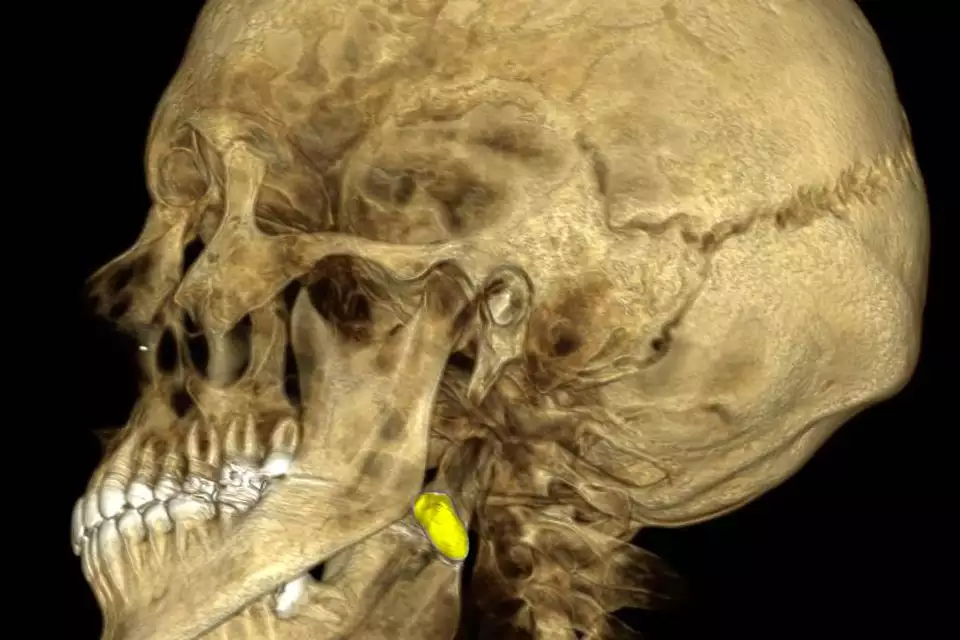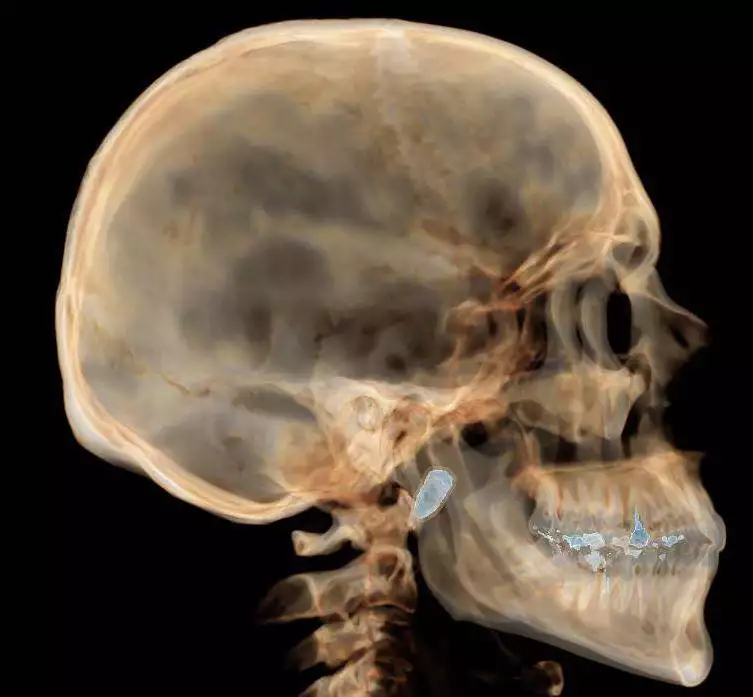IDF Reservist Survives Bullet Lodged Behind Wisdom Tooth in Rare Combat Injury, Sparks Medical Dilemma
An IDF reservist, shot in the face during a Gaza operation, survived a rare injury with a bullet lodged behind his wisdom tooth, prompting a complex medical debate at Beilinson Hospital. The case highlights the challenges of treating unique combat wounds, balancing pain management against risky surgical intervention.


A 39-year-old IDF reservist, wounded in an extraordinary manner during an operation in the Balata refugee camp, is currently hospitalized at Beilinson Hospital, where doctors face a unique medical dilemma. The soldier, shot in the face by a terrorist, survived a near-fatal injury when a 2 cm-long, 1 cm-wide bullet entered through his nose and lodged behind his upper wisdom tooth.
Described as a “miracle” survival, the bullet’s trajectory was mere millimeters from a lethal outcome, marking the injury as exceptionally rare. The case has sparked intense debate among Beilinson’s medical team, led by Prof. Gabriel Chaushu, head of the Oral and Maxillofacial Surgery Department, over whether to surgically remove the bullet or leave it permanently in place, weighing the soldier’s pain against the risks of a complex procedure.
The reservist reports significant pain and difficulty swallowing, yet the potential dangers of surgery are substantial. Prof. Chaushu explained, “The consideration of whether to remove the bullet or not is the benefit versus the risk of surgery. Surgery adds another scar and trauma and could lead to infections and risks. There is concern about several things: damage to a motor nerve that could cause facial paralysis (facial nerve), damage to blood vessels, damage to the nerve responsible for sensation in the lower jaw and tongue movement.” After multiple expert consultations during the soldier’s hospitalization and rehabilitation, the team noted significant improvement in jaw mobility through physiotherapy, leading to a decision to avoid surgery despite the ongoing pain.
Prof. Chaushu elaborated, “After examining all aspects of the case, we assess with very high probability that even if we decided to perform this complex surgery, the pain would not stop.” He emphasized a conservative approach: “The treatment in this case is pain management, with the hope that within a certain time, the body will learn to cope with the new situation on its own, and the pain will decrease.”
Drawing on his extensive experience, gained through a fellowship at Jackson Memorial Hospital in Miami, Chaushu noted, “In Miami, a shooting victim arrives at the hospital every day, and I treated dozens of gunshot wounds and bullets in the mouth. The biggest lesson I learned there is that in a gunshot wound, the tissue undergoes necrosis due to the heat, and when you open it, there’s a risk of infections requiring more surgeries, so it’s better not to rush to act, but to do everything slowly.”
This unprecedented case, reported by Mako, underscores the complexities of treating combat injuries and the delicate balance between immediate intervention and long-term patient outcomes, with the soldier’s resilience at the heart of the medical team’s efforts.
Sources: Information compiled from Mako report and Beilinson Hospital statements